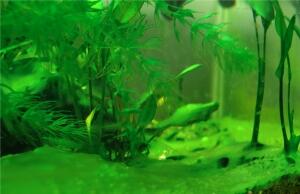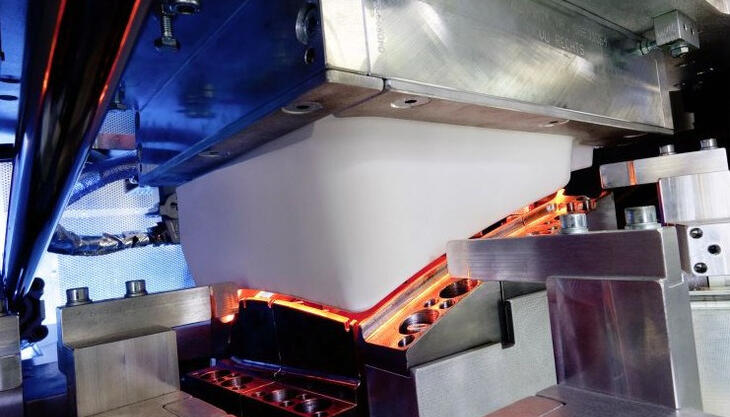
The Research team at University of California (Davis, United States) succeeded in producing raw materials needed to create fuels and plastics, by performing biological reactions in blue-green algae (cyanobacteria).
The successful outcome of this research assumes significance especially when concerns were being raised over the use of food crops in the production of fuels and bioplastics. The new technique makes use of unexploited wetlands, freeing the agricultural land from being used for production of fuels and bioplastics. Researchers identified specific enzymes that could trigger photosynthesis to convert carbon dioxide and sunlight into chemicals. These enzymes' DNA was introduced into the cells of cyanobacteria, which could then perform the necessary reactions to produce raw materials for fuel and plastics.
The research demonstrated that biological reactions on cyanobacteria (blue-green algae) can convert carbon dioxide into the chemical feedstock 2,3 butanediol. Presently it takes three weeks to produce 2.4 g of 2,3 butanediol per litre of growth material, which is the highest yield yet produced for any chemical grown from cyanobacteria.
The yield can be enhanced by further experimentation and research by exploring the various technological possibilities, which may lead to vast potentials of commercial development.
























